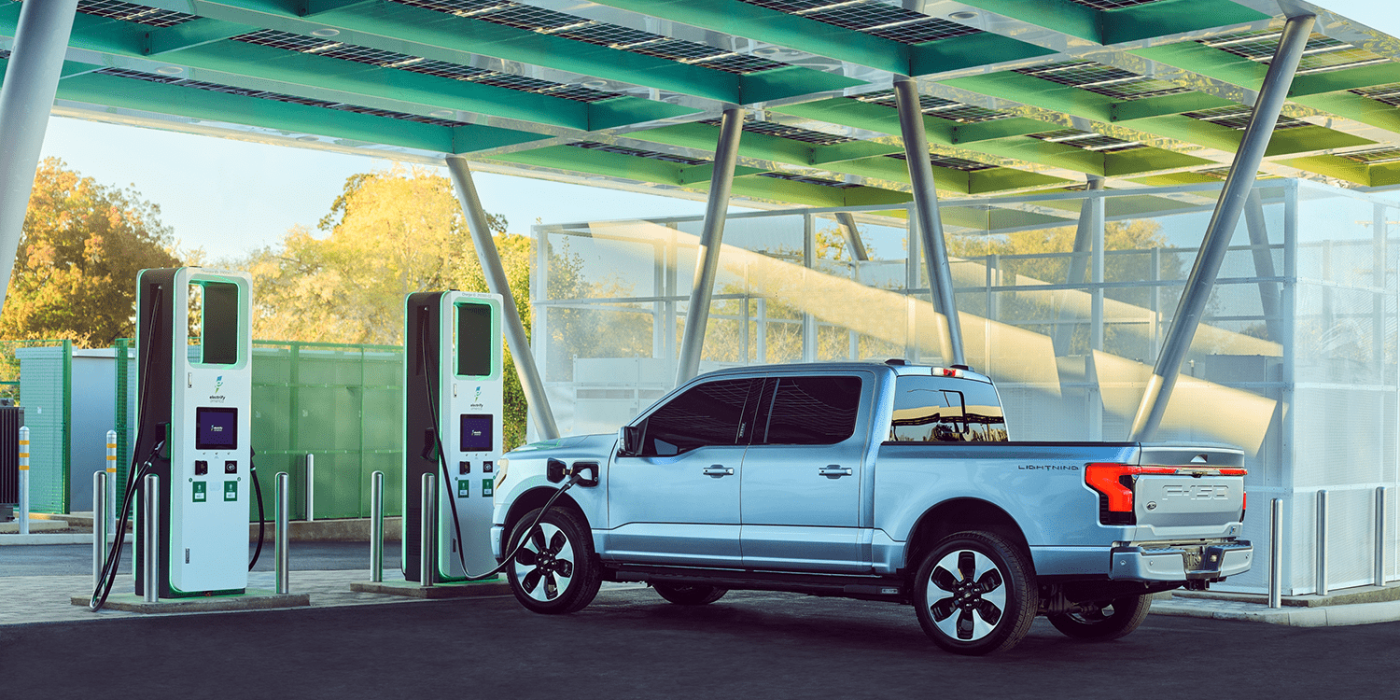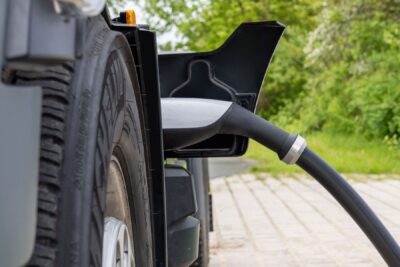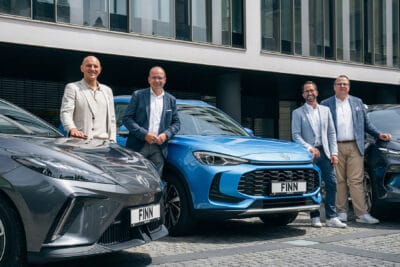US foreign content battery regulations under consideration
Now in question is the stipulation introduced in April 2023, by the US Treasury Department concerning materials for electric vehicles that come from outside of the USA. What has recently become apparent is that even US car manufacturers or foreign carmakers manufacturing in the US will not be able to do without foreign materials – most especially from China.
Scott Sklar, president of clean energy technology firm The Stella Group, was cited by Bloomberg saying he had discussed the issue of a transition period to give the US domestic battery industry time to ramp up with Treasury officials. “We are going to have lots of battery capacity in the United States. It’s just not right this second,” Sklar said, noting that 14 battery plants are under construction in the US.
Currently, the legislation introduced in April 2023 stipulates that to benefit from a full electric vehicle subsidy, the vehicle may not contain any battery components manufactured by a foreign company from 2024 and no critical minerals extracted, processed or recycled by a foreign company from 2025. Even to qualify for half the tax credit ($3,750), 40 per cent of the battery’s critical minerals must be extracted, processed or recovered in the US or in a country with which the US has a free trade agreement. That level is supposed to be able to rise gradually to 80 per cent by 2027.
The current lack of battery industry capacity in the US would mean that US consumers will have to foot the bill in the form of a missed premium, likely hampering the transition to electric transport in the USA. The consequence could now be that these rules are postponed to give the domestic battery industry more time to ramp up.
According to Bloomberg, Democratic Senator Debbie Stabenow explained, “We are in ongoing discussions,” saying she was in talks with representatives from the ministries of finance and energy but had not yet seen a final version of the rules. “In any case, I have agreed to support the car manufacturers’ concerns,” said the senator.
The topic of the Chinese materials and products in electric vehicles could be weaponized by US politicians looking to prevent the transition off fossil fuels. Senator Joe Manchin, famously financially tied to fossil fuel companies, said last week that the Treasury’s rules should prevent any content from “adversarial nations.” He pledged to help companies sue the Biden administration if he thought it wasn’t following the law. “We’re going to hold them very much to the intent of the bill and not the intent of what they want,” Manchin said, referring to the Biden administration.
The US Treasury Department is expected to publish guidelines this week on which countries of origin for battery materials are considered questionable and what proportion of foreign battery materials will be permitted. This will primarily concern China, where, awkwardly, not only the vast majority of batteries and battery components are produced but also the raw materials and refining processes. For example, although Australia holds the world’s largest lithium deposits, 50 to 60 per cent of Australian lithium is processed in China. Australia lacks the industrial capacity, skilled workforce and large government to sufficiently build this capacity within the next few years.
The guidelines under question will have a massive effect on US carmakers and consumers. Tesla has already stated that the tax credit made available to their customers is likely to be reduced next year under the April 2023 rules.





0 Comments